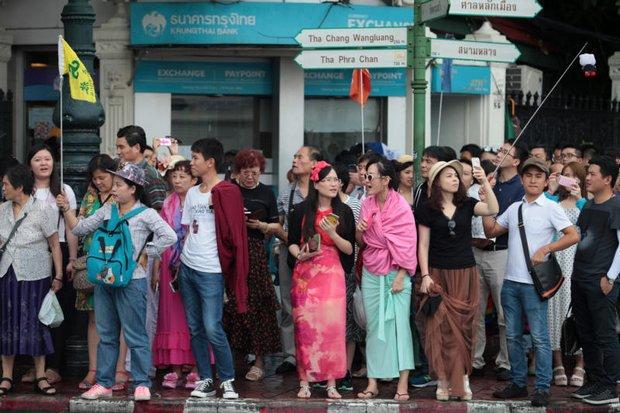Damaging Thailand’s Image: A majority of people say the so-called “zero-dollar tours” are damaging to the image of Thai tourism, causing a loss of revenue and destruction of natural resources, according to an opinion poll carried out by the National Institute for Development Administration, or Nida Poll.
The poll was conducted on July 10-12 on 1,268 people aged 18 and above of various levels of education and occupations throughout the country in the wake of a July 5 boat tragedy in Phuket that led to the deaths of 47 Chinese tourists and scores of injuries. The Chinese tourists were said to be travelling with a “zero-dollar tour” package.
The term applies to a scheme in which tourists are tricked into buying cheap tour packages in China, only to find their expenses become greater once they arrive in Thailand.
Instead of dealing with the travel agencies they bought the package from, they are transferred to other companies operating in Thailand that are associated with their “zero-dollar” counterparts.
The tourists are often pressured into purchasing expensive products or services by these secondary companies,
Asked how Thai tourism has been affected by zero-dollar tours, 17.59% of respondents said it has been greatly affected; 58.36% said it has been affected in terms of tourism image, revenue losses and destruction of natural resources; 14.91% said it has been little affected; 7.96% said it has not been affected at all as Thailand has so many tourist attractions, and 1.18% were uncertain or had no comment.
On their level of confidence in the current management of tourism of Phuket, 5.44% said they are very confident in it; 51.03% are fairly confident; 33.99% have little confidence in it; 5.91% have no confidenceat all, saying it lacks proper control and management; and 3.63% were uncertain or had no comment.
Asked to provide one or more suggestions on how to deal with zero-dollar tours, the suggestions from the respondents include imposition of harsher laws and penalties on tour companies (56.78%); suspension of licences of tour companies involved (27.68%); and restriction of the number of “zero-dollar” tour companies (26.74%).




